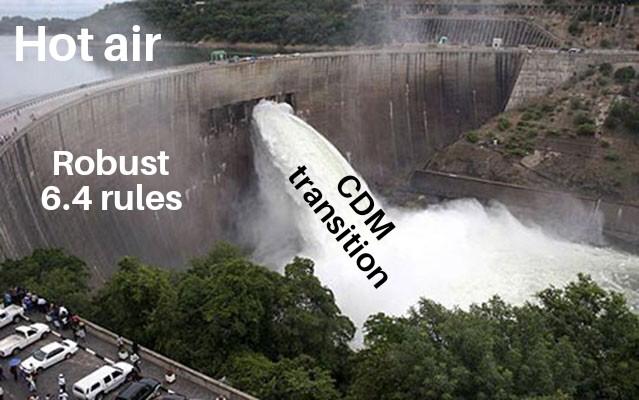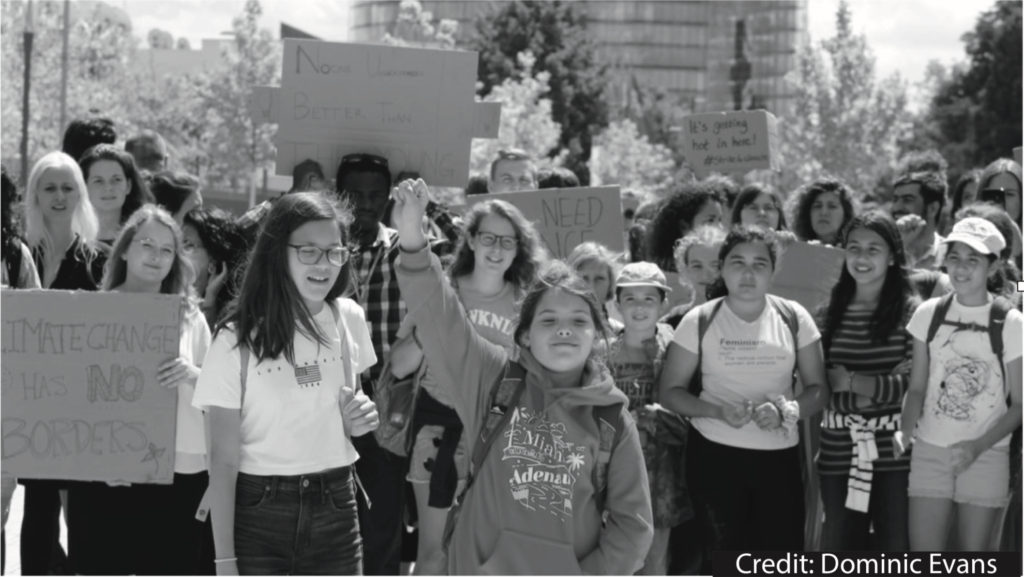Climate Finance: It’s Talkshop Workshop Time!
ECO has always been a faithful attendee of the long-term finance workshops, and has sympathy for the working group set-up. This approach offers much more room for creativity and constructive exchange as, in theory, people do not need to hide behind their country’s flags. Of course, there isn’t exactly a lack of talkshops in this world, so ECO knows that the value of it heavily depends on how it will ultimately feed back into actual negotiations and sound agreements to advance the climate finance agenda. The good news is, each of the scheduled working groups offers potential to do just that. Let’s have a little look, shall we?
For instance, the first group will tackle the question of interlinkages between provided and mobilised finance and the temperature goals. It’s not rocket science to understand that the more we want to limit planetary overheating, the more we need to shift investment flows away from fossil fuels toward renewables, and the more much-needed assistance has to flow from developed countries to developing countries for enhanced climate action. And, ECO’s here to remind you that the less the world achieves this, the more financial assistance will be required to enable vulnerable countries to adapt to climate change and recover from losses and damages.
... Read more ...


